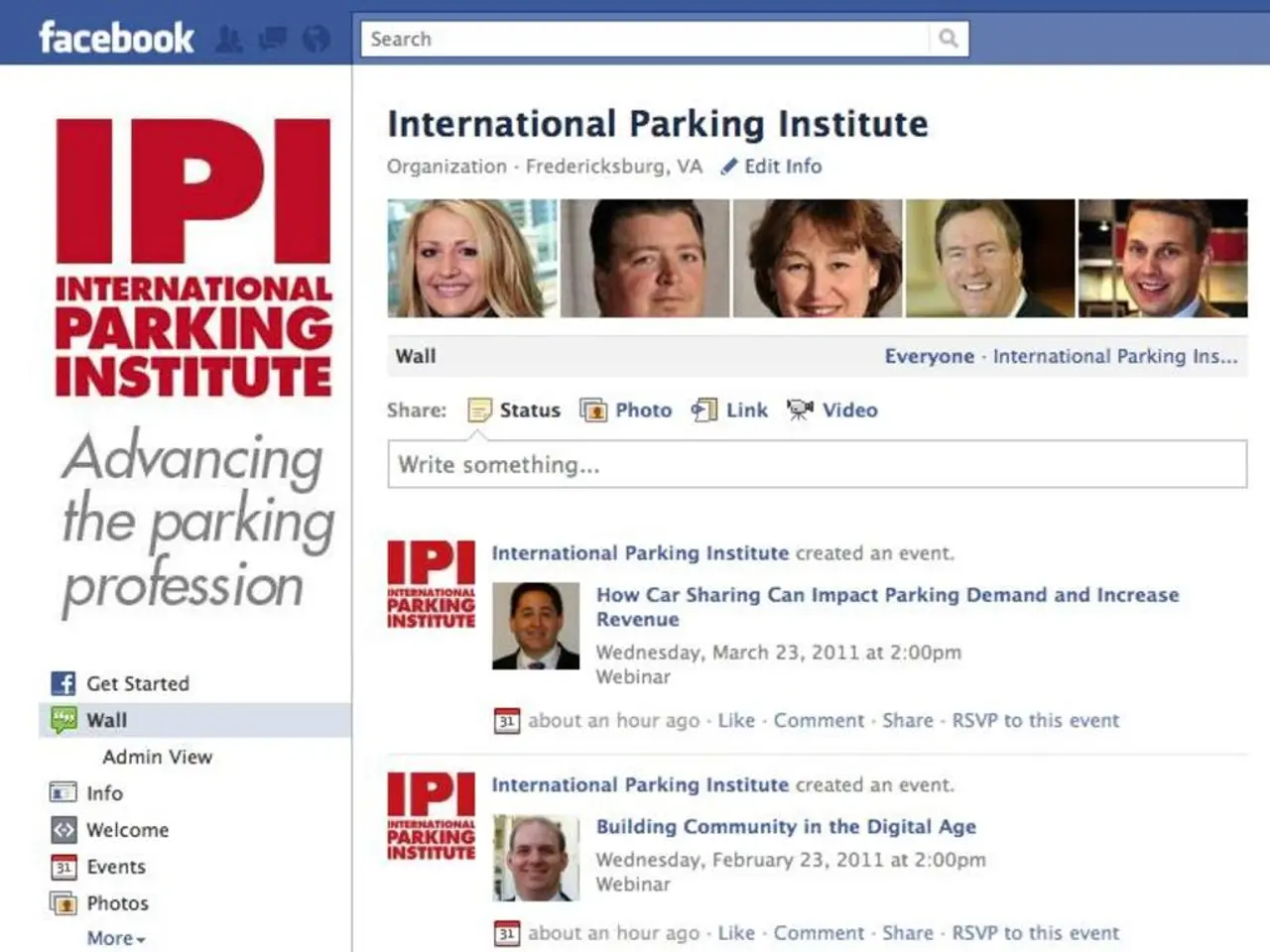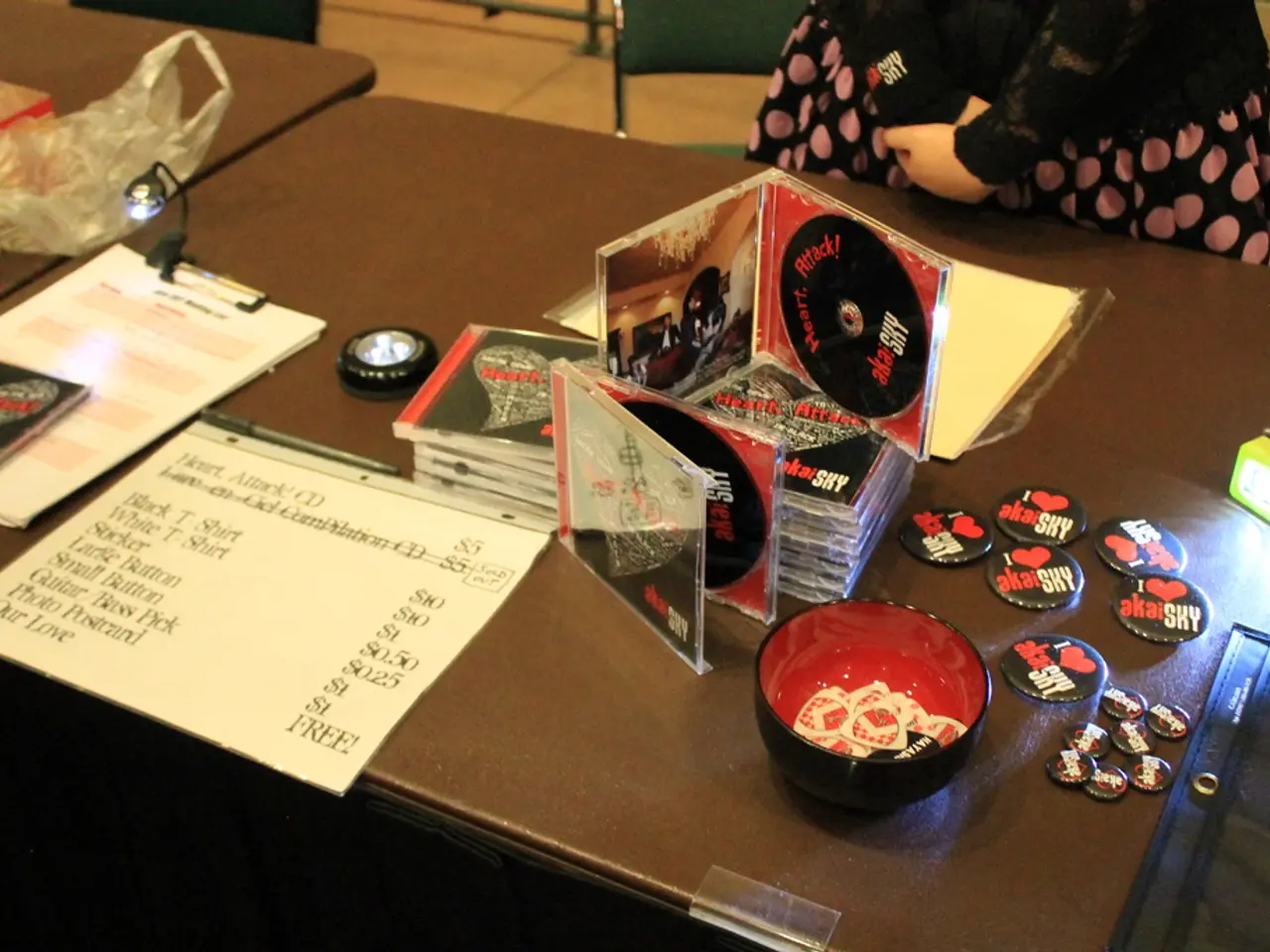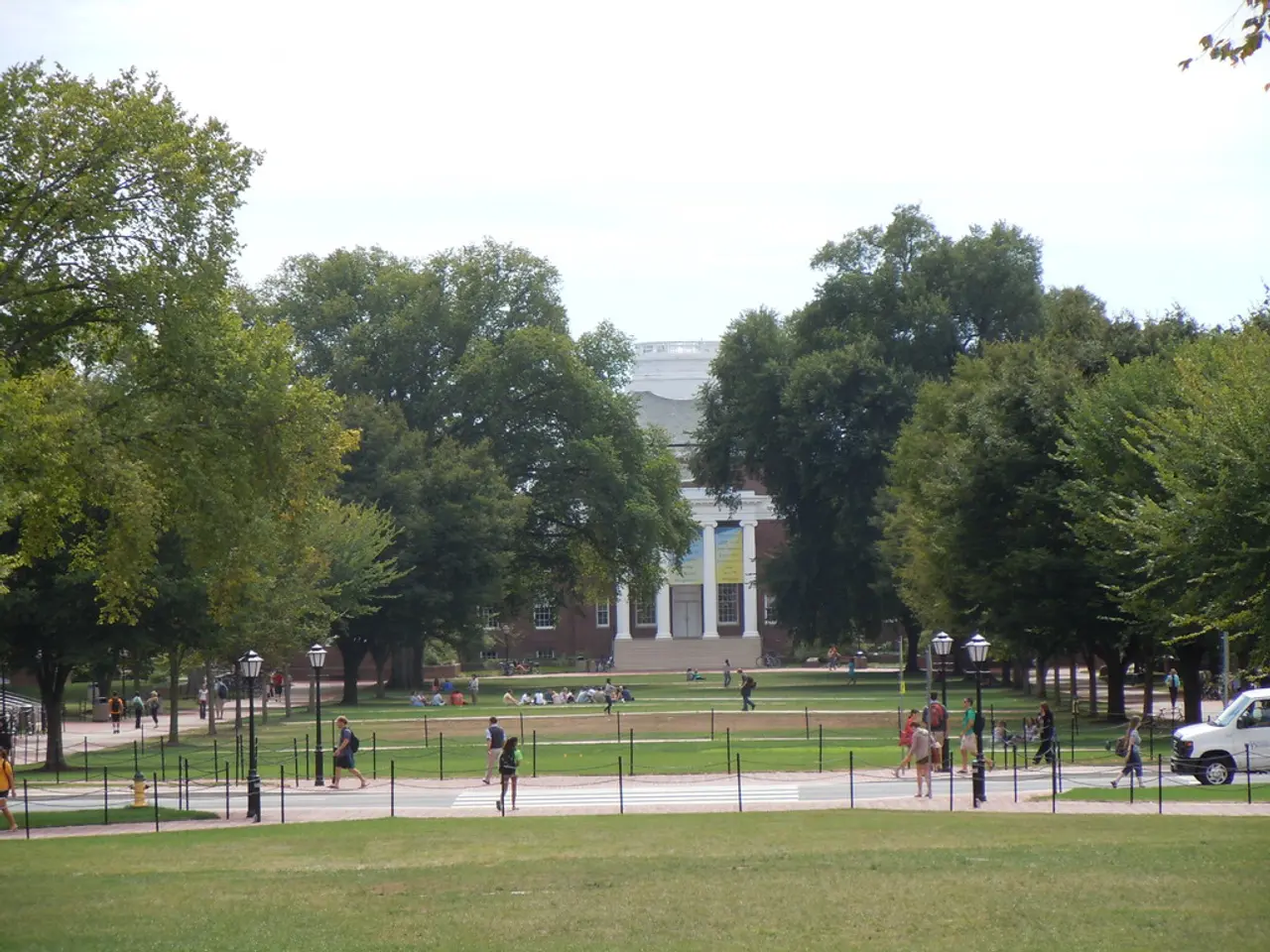Cleansing your Instagram, TikTok, and X profiles might lead to potential job opportunities being jeopardized.
In the current digital age, college students in the United States and beyond are navigating a complex landscape when it comes to managing their social media presence. With the Trump Administration's policies on visa applicants and the growing use of Artificial Intelligence (AI) by employers for pre-screening, it's crucial for students to adopt strategic, accountable, and privacy-conscious practices.
Companies such as Ferretly, Tofu, and others are using AI and machine learning to screen applicants' social media profiles and publicly available information. Ferretly, for instance, produces a social media report for each candidate, including behavioral trends, sentiment towards specific topics, and engagement analysis. The goal is to help organisations determine if a candidate represents their values and strengthens their culture.
However, it's essential to remember that these tools make no judgment on the contents of the report. Instead, they provide a means for companies to ensure cultural fit and corroborate the real identity of applicants.
In light of this, it's advisable for students to maintain professionalism, avoid political commentary, and be mindful of content that might be scrutinised during visa applications or AI-driven screenings.
Key best practices include:
- Strategic and Thoughtful Use: Use social media purposefully, focusing on one or two platforms rather than many, in order to maintain quality and control over content. Have clear goals for how personal and professional content are shared.
- Accountability and Transparency: Share account access with a trusted person and review posts carefully, especially since AI or consular officers may analyse social media for visa applications. Avoid content that could be misconstrued or harm reputations.
- Respectful and Professional Communication: Do not post anything online that you wouldn't say in public; avoid political views or controversial opinions that might negatively affect visa or employment prospects.
- Privacy and Confidentiality: Be careful not to disclose confidential or proprietary information and understand social media platforms’ terms of service and privacy settings to limit unintended exposure.
- Be Accurate and Timely: Correct any misinformation promptly and keep profiles up to date.
- Understanding AI Screening: Since employers increasingly use AI to pre-screen applicants, students should present a consistent, positive image online—highlighting skills, achievements, and professionalism while minimising potentially problematic content.
- Avoid Political and Sensitive Content: Given the Trump Administration’s focus on visa applicants’ social media and potential scrutiny, it’s advisable to keep personal political views off public profiles to reduce risks related to visa approvals.
Universities also support students by providing guidelines on social media conduct and may offer resources and audits to help maintain best practices across communication channels.
In addition, students are advised to set up a LinkedIn account and the email address they'll use for job hunting well before they start their search. And for those applying for visas, setting social media accounts to public for review of their "entire online presence" is now a requirement by the Trump Administration.
Despite these challenges, it's important to remember that your digital presence can impact both visa assessments and employment opportunities and thus should be managed with care, responsibility, and a professional focus.
In the realm of education and self-development, college students are advised to be strategic with their social media usage, ensuring they maintain a professional image, especially amidst the increasing use of technology such as AI by employers for job pre-screening. On LinkedIn, for instance, it's crucial to present a coherent, positive, and professional profile, which can enhance chances of securing internships, first jobs, or even foreign student visas, given the Trump Administration's policy on visa applicants' social media scrutiny. Furthermore, early setup of LinkedIn accounts and job-hunting email addresses before job hunting is recommended for a successful job hunt.




